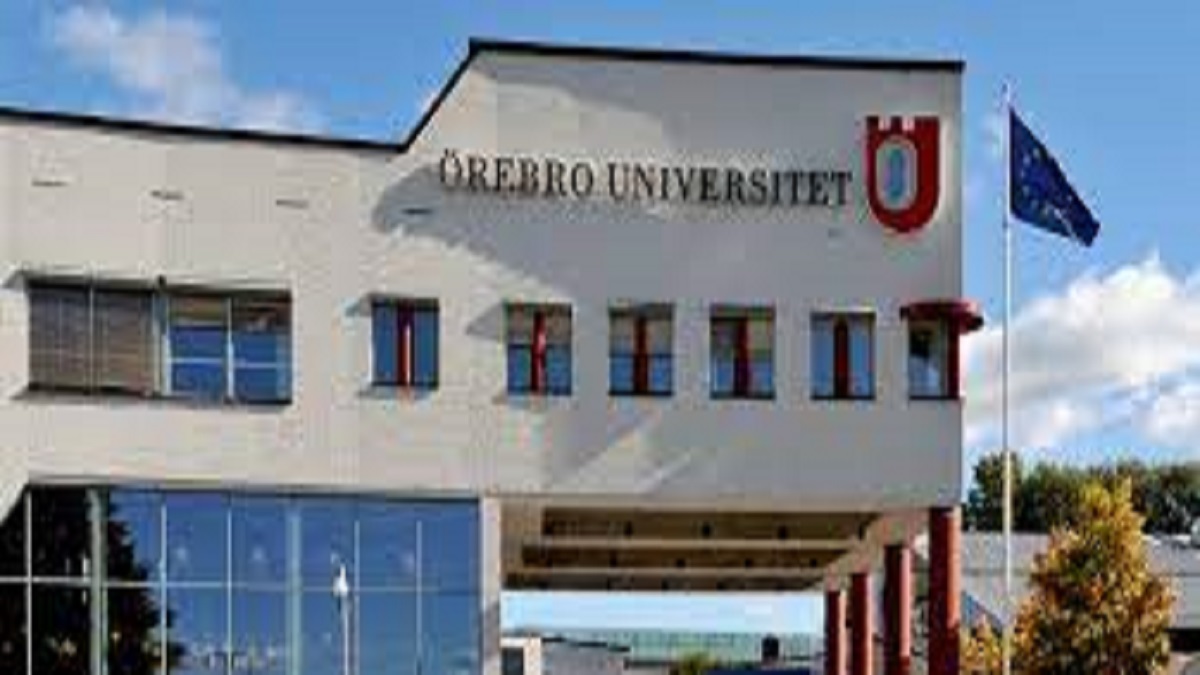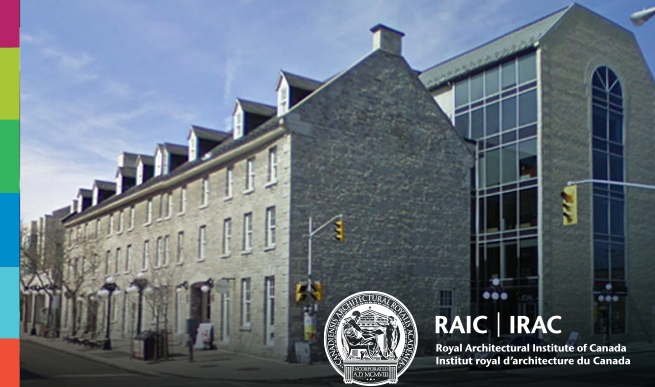
We are looking for an associate senior lecturer in statistics, specialising in Bayesian methods, machine learning and/or AI, for a fixed-term position of 4 years at Örebro University School of Business.
Subject area
The subject area for this position is: Statistics
Background
Örebro University School of Business is a place where education and research meet in the four subjects Business Administration, Economics, Informatics, and Statistics. We are accredited by AACSB, the largest accreditation body and network for business schools globally – an achievement accomplished only by five per cent of the world’s 16,000 business schools.
Örebro University School of Business is host to the department of statistics at Örebro University and offers courses and study programmes in statistics at the bachelor’s, master’s and doctoral levels. In addition to the Bachelor’s Programme in Statistics, courses are offered on the Programme for Business and Economics, on several social science programmes, as well as on programmes within healthcare, natural sciences, and engineering. At the master’s level, a two-year study programme in statistics, which has been awarded ‘European Master in Official Statistics’ (EMOS) by Eurostat, is also offered. The master’s programme offers specialisations in econometrics and data science. The department also offers courses on the Master’s Programme in Economics and Econometrics, and the Master’s Programme in Finance.
Within the department, research is mainly conducted with a focus on Bayesian statistics with applications in econometrics and time series analysis, as well as survey methodology and statistics production. Research is undertaken with close links to applied fields, including collaborations with Statistics Sweden and the department of economics at the university.
We are now seeking an associate senior lecturer to complement our research within the unit with competence and skills within Bayesian statistics, machine learning and/or AI.
Duties and responsibilities
During your period of employment as an associate senior lecturer, you are to develop your autonomy as a researcher and acquire further qualifications in terms of both research and teaching skills to meet the criteria for appointment as senior lecturer.
Duties and responsibilities consist of research, education at all levels, and collaboration. An appointment as an associate senior lecturer is mainly focused on the acquisition of research qualifications (70% of the working hours). The rest of the working hours are primarily geared towards the acquisition of teaching qualifications. As an associate senior lecturer, you are also to contribute to the university’s development.
For this career-building position, you will spend the bulk of your working hours on research and associated collaboration (internally and externally). Your teaching contributions will primarily be on master’s level courses offered on the bachelor’s and master’s programmes. Teaching duties also include supervision, examination, course development, planning, and evaluation.
Qualifications
Those qualified for appointment as an associate senior lecturer are applicants who have been awarded a doctoral degree in a subject area relevant for the position or have the corresponding research competence. Preference should be given to those who were awarded a doctoral degree or attained equivalent research competence no more than five years prior to the application deadline. If special grounds exist, a person who has been awarded their doctoral degree prior to that should also be considered. Such grounds comprise leave of absence due to illness, parental leave, or other similar circumstances.
Assessment criteria
When appointing an associate senior lecturer, the applicant’s research as well as teaching expertise will be assessed. The assessment is also to consider the applicant’s qualifications and experience from collaboration with the wider community, of which the university is a part, as well as national and international experience and mobility. Teaching staff is expected to have the ability to communicate, to collaborate with the surrounding community and to contribute to utilising the university’s research for the benefit of society. In addition, the applicant’s suitability for the position will be assessed.
Research expertise
Research expertise is demonstrated through independent research contributions and continued scientific publication following the award of the doctoral degree (taking into account the applicant’s academic age). Research and scientific publication into Bayesian statistics, machine learning or AI are considered a particular advantage.
Teaching expertise
When defining teaching expertise at Örebro University, three categories are used: teaching approach, how the teaching approach is put into practice, and professional development as a teacher. Teaching expertise is to be assessed in terms of teaching qualifications and experience. These must be well-documented and accounted for in compliance with Örebro University’s template for teaching portfolios, relating clearly to the values set out in Örebro University’s educational philosophy. The fact that applicants who have recently obtained their doctoral degree may only be able to demonstrate limited teaching expertise should be particularly considered in the assessment.
The assessment of applicant’s teaching expertise is based on the breadth and scope of various forms of working and teaching at the bachelor’s and master’s levels, including experience of supervision. In addition, applicants’ ability to plan, implement and evaluate teaching and examination formats is assessed. Applicants’ ability to link teaching to research and contribute to a scientific approach in their teaching will also be assessed.
Collaboration and public engagement skills
The ability to interact with the surrounding society is an important part of a university teacher’s role and it requires a good understanding of various societal processes and the impact of university activities on these. Assessment of collaboration and public engagement skills looks at three aspects: the ability to communicate, the ability to collaborate with the surrounding society, and the ability to facilitate utilisation of the university’s research.
Leadership skills
In assessing leadership and administrative skills, particular consideration should be given to leadership qualifications within education and research, such as contributions to development work. Depending on the specialisation and duties of the appointment, qualifications from operations outside of the higher education sector may be considered. The fact that applicants who have recently obtained their doctoral degree may only be able to demonstrate limited leadership skills should be particularly considered in the assessment.
Suitability
Suitability refers to the applicant having the personal qualities required to successfully perform the duties and responsibilities at hand, to cooperate with other members of staff, and to contribute to the development of the operations in question. Particular attention is to be paid to the applicant’s prospects of contributing to the future development of both research and education. Importance is also attached to a demonstrated ability and ambition to embark on a career within academia.
Promotion to senior lecturer
An associate senior lecturer is, on application and assessment, to be promoted to senior lecturer if they meet the criteria for the appointment.
A condition for promotion is that there is a need within the organisation for a senior lecturer in the subject area in question and that a separate assessment of the candidate’s qualifications is made. The basis for promotion from associate senior lecturer to senior lecturer is that the applicant meets (1) the criteria set out in the requirements profile at the time of appointment as associate senior lecturer, and (2) the qualifications and assessment criteria in place for appointment as senior lecturer at the time of promotion and based on the respective faculty board’s guidelines for appointment. On the examination of an application for promotion to senior lecturer, teaching and research expertise are to be given equal attention. In addition, on promotion, the applicant must have completed qualifying courses on teaching and learning in higher education. They must also demonstrate good oral and written communication skills in Swedish at the level required to perform common duties within research, education, and administration.
The application for promotion to a position as senior lecturer is to be submitted to the faculty no later than 6 months and no earlier than 12 months before the employment as an associate senior lecturer comes to an end. Such a promotion entails permanent employment as senior lecturer in the subject.
Information
This is a fixed-term, full-time position for a period of 4 years. The appointment may be extended, but for no longer than two years, if because of the associate senior lecturer’s illness, parental leave or other special grounds additional time is needed to fulfil the purpose of the appointment. The scope of this employment is 100%. At Örebro University, salary depends on the successful candidate’s qualifications and experience.
For more information about the position, contact Tamás Kiss +46 19 30 23 06, email: tamas.kiss@oru.se or Erik Löfmarck, +46 19 30 10 29, email: erik.lofmarck@oru.se.
At Örebro University, we expect each member of staff to be open to development and change; take responsibility for their work and performance; demonstrate a keen interest in collaboration and contribute to development; as well as to show respect for others by adopting a constructive and professional approach.
Örebro University actively pursues equal opportunities and gender equality as well as a work environment characterised by openness, trust and respect. We value the qualities that diversity adds to our operations.
Application
The application is made online. Click the button “Apply” to begin the application procedure.
For the application to be complete, the following electronic documents must be included:
- Covering letter, outlining how you believe you can contribute to the continued development of Örebro University
- CV with a relevant description of your overall qualifications and experience
- Teaching portfolio (as instructed in Örebro University’s guidelines)
- Research portfolio
- Publication list
- Relevant scientific publications (maximum of 10 and in full-text format)
- Copies of relevant course/degree certificates and references verifying eligibility and criteria met
Only documents written in Swedish, English, Norwegian and Danish can be reviewed.
More information for applicants will be found on our career site: https://www.oru.se/english/career/available-positions/applicants-and-external-experts/
The application deadline is 2023-11-15. We look forward to receiving your application!
After the application deadline, no supplements can be made electronically. If you have scientific publications that cannot be attached electronically to the application, you will, once the external experts have been appointed, receive instructions on how the missing publications can be submitted.
We decline any contact with advertisers or recruitment agencies in the recruitment process.
As directed by the National Archives of Sweden (Riksarkivet), we are required to deposit one file copy of the application documents, excluding publications, for a period of two years after the appointment decision has gained legal force.
![Postdoctoral and Research Opportunities at McGill University [CA]](https://scholaridea.com/wp-content/uploads/2020/06/mcgill-university-30-may-2019-768x402.jpg)

